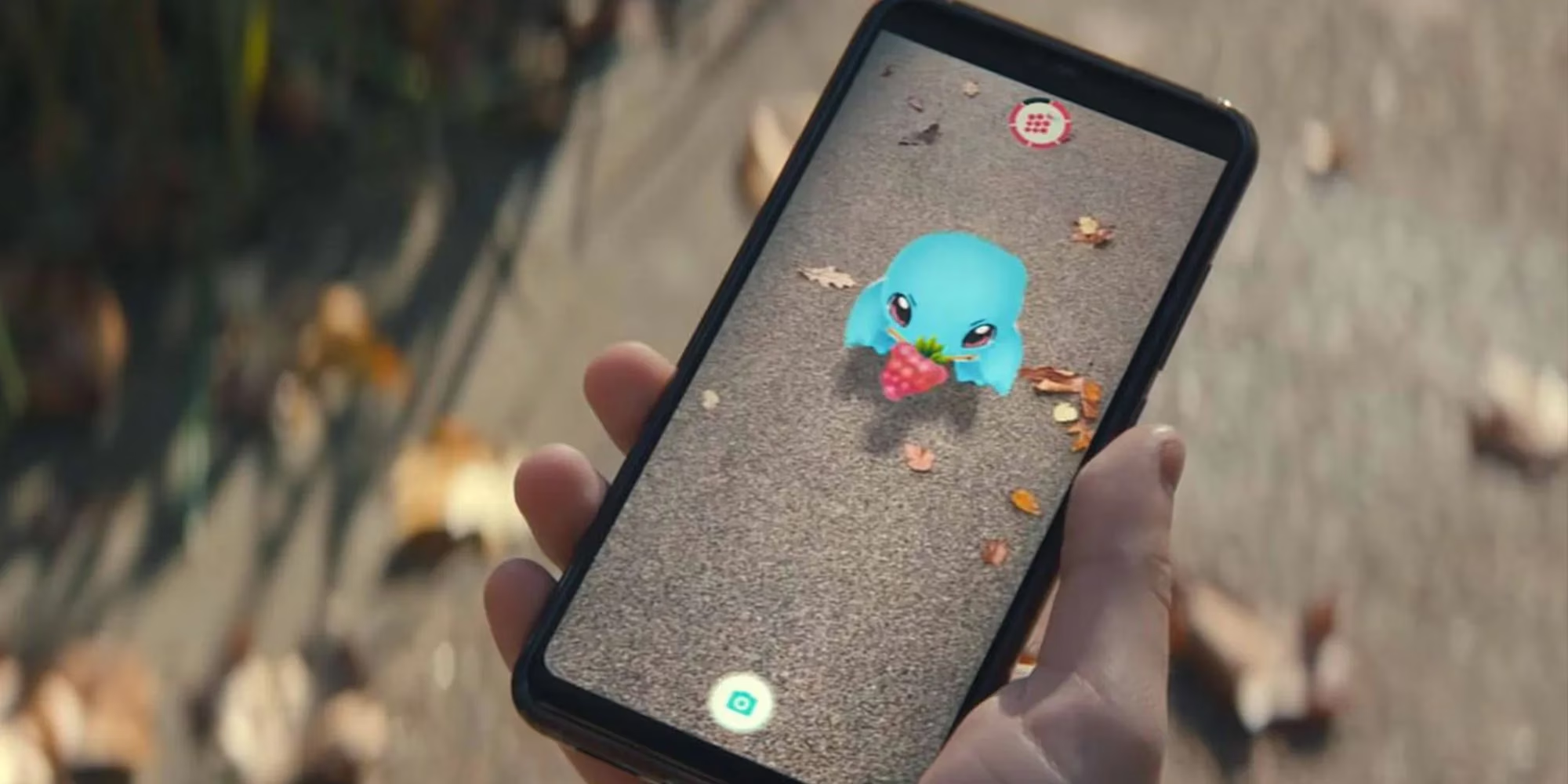A Player's Journey Through 2020's Billion-Dollar Mobile Wonders
Discover how mobile gaming thrived in 2020, with Pokémon GO and billion-dollar titans transforming digital entertainment into a resilient lifeline.
I still remember the silence that blanketed the streets in 2020, a year when the world held its breath. Yet in that stillness, our fingertips danced across screens, weaving connections through digital realms where pocket monsters roamed and battlegrounds ignited. Mobile gaming didn't just survive that year—it soared, with five titans breaching the billion-dollar summit, their glow cutting through the isolation like constellations in a shared sky. 🎮✨

The Resilience Crown: Pokémon GO's Unlikely Triumph
As a trainer who'd wandered parks hunting Pikachu since 2016, I felt the dread when lockdowns hit. How could a game built on exploration thrive when stepping outside felt perilous? Niantic answered with magic: incense that lured creatures to our doorsteps, remote raids uniting continents against Legendaries, and a virtual GO Fest that made my living room pulse with confetti and community. That summer, I watched fireworks bloom onscreen as strangers became allies, our collective joy translating into millions donated worldwide. By November, Pokémon GO had raked in $1.2 billion—a staggering 31.5% surge from 2019. The lesson? Even when reality fractures, imagination finds wings.
People Also Ask:
-
How did Pokémon GO adapt to pandemic restrictions?
-
It overhauled mechanics: doubled interaction distances, remote raid passes, and virtual events replacing physical gatherings.
-
What made 2020 its most profitable year despite challenges?
-
Ingenious updates + nostalgia = player loyalty. Many, like me, returned to the comfort of familiar adventures.
The Billion-Dollar Pantheon: Titans of Touchscreens
While my heart belonged to Pokémon, the revenue rankings revealed fascinating hierarchies:
| Game | Revenue (2020) | Developer |
|---|---|---|
| PUBG Mobile | $2.6 billion 💥 | Tencent |
| Honor of Kings | $2.5 billion ⚔️ | Tencent |
| Pokémon GO | $1.2 billion 🌈 | Niantic |
| Coin Master | $1.1 billion 🎰 | Moon Active |
| Roblox | $1.1 billion 🏗️ | Roblox Corp |
Tencent’s duo dominated like twin suns—PUBG Mobile’s battle royale intensity and Honor of Kings’ strategic clashes mirroring the year’s own tensions. Yet smaller stars shone too: Coin Master’s slot-machine whimsy and Roblox’s infinite playgrounds offered escapism when walls closed in. And oh, how we whispered about Monster Strike’s $958 million sprint—would it join the pantheon before New Year’s Eve? (Spoiler: It did.)

Why Mobile Gaming Became Our Lifeline
The numbers tell one story—Sensor Tower’s 20% market growth, the $1 billion club’s expansion—but I lived another. Genshin Impact’s anime vistas became my vacation when flights vanished; Among Us’ deceitful laughter echoed in Zoom calls. Mobile games were uniquely suited to 2020’s rhythm: accessible, intimate, and endlessly adaptable. Where consoles demanded dedicated hours, our phones offered micro-moments of joy between work emails and worry.
People Also Ask:
-
What drove mobile gaming’s 2020 revenue surge?
-
Perfect storm: lockdowns + smartphone ubiquity + innovative monetization (e.g., Pokémon GO’s remote passes).
-
Did pandemic adaptations permanently change these games?
-
Absolutely. Hybrid models (physical + virtual) became standard—Niantic kept many 2020 features as core mechanics.
Reflections from 2025: The Legacy We Carried Forward
Five years later, I still feel 2020’s imprint. That year taught us mobile gaming isn’t “less than”—it’s a revolution. The billion-dollar club wasn’t just about money; it was about humanity huddled in pixels, finding light through shared quests. When I log into Pokémon GO now, seeing trainers worldwide raiding Kyogre, I remember how a virtual fest in a dark summer made us feel invincible. The industry finally acknowledges what we players knew: phones aren’t just devices. They’re portals to resilience. 🌍❤️
So here’s to the games that turned isolation into adventure, proving that even when the world pauses, play never stops. In 2020, we didn’t just tap screens—we wrote legends.